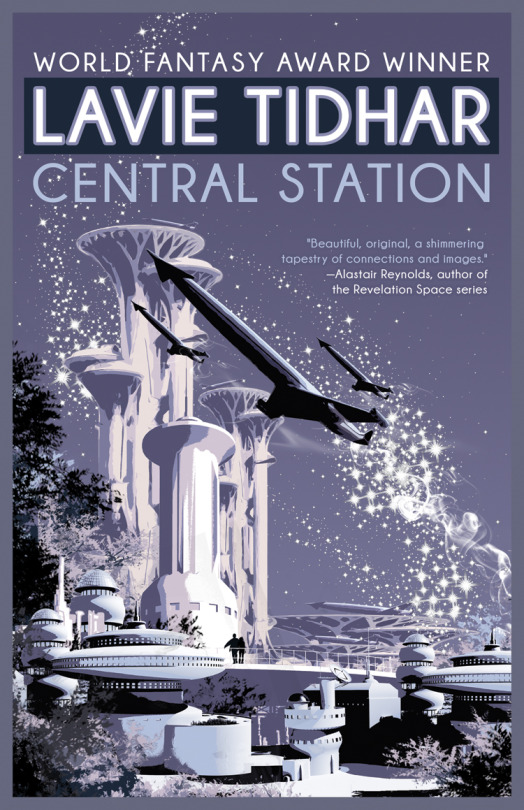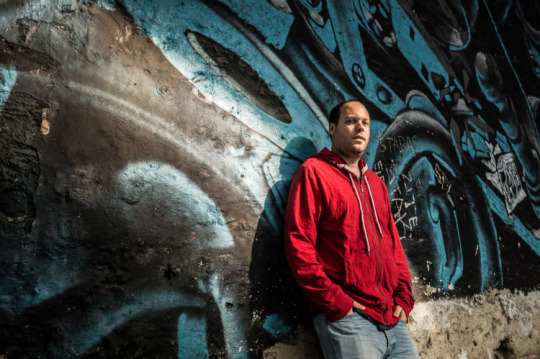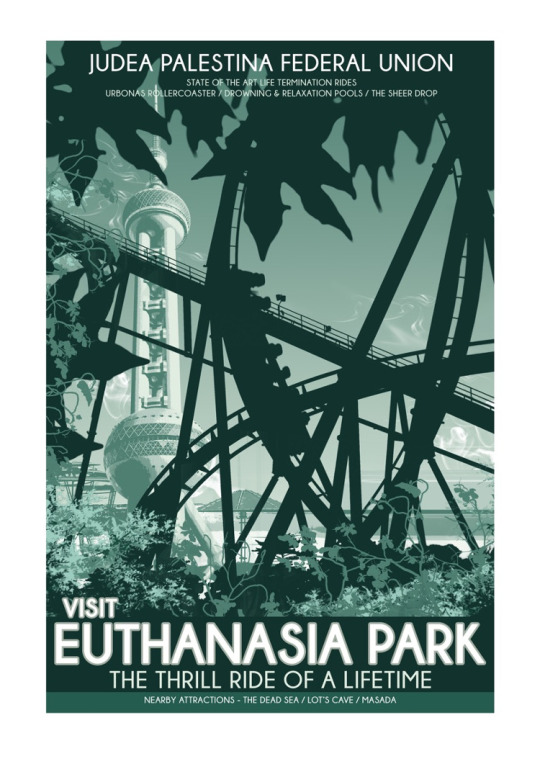The strong CENTRAL STATION isn’t just about science fiction

FAIRY BOOKMOTHER praises Lavie Tidhar’s CENTRAL STATION.
Short story collections that contain stories that stand alone in their own right but intertwine with each other are my favorite sort of short story collections. This collection is a strong one as I found there wasn’t a single story that I felt dragged or didn’t quite mesh. The characters are so diverse, the setting is so foreign yet in some way instantly recognizable. Even though it’s set in a futurisitic, post-singularity Tel Aviv, the stories evoke a feeling as if it’s really a central station and that we’re all still connected here on this planet.
<snip>
This is a solid collection of science fiction stories that isn’t just about science fiction. It’s about what one must do and how one must survive in a universe that is often too unforgiving. It’s not a plot-heavy set of stories, but it’s one that will make you care at least a little bit about all of the characters between the covers.

Photo: Kevin Nixon. © Future Publishing 2013
Salik Shah interviews Tidhar for MITHILA
REVIEW.
CENTRAL STATION pays
homage to a bygone era of science fiction. You said its influences
include seminal classics: Clifford Simak’s PROJECT POPE (1981),
Cordwainer Smith’s NORSTRILIA (1975), C.L. Moore’s SHAMBLEAU
(1953), Philip K. Dick’s UBIK(1969), Zenna Henderson’s PILGRIMAGE
(1961). When did you first start building Central Station as a
massive spaceport, a border town in the middle of Israel and
Palestine? Did you set out to write a mosaic novel from the
beginning?
I started writing the wider world — the “future history” — where Central Station is set, years ago. But the novel — and yes, it was always planned as a mosaic novel! — started for me when I was living briefly back in Israel in 2010-2011. I became fascinated by Tel Aviv’s Central Bus Station area, which is much as described here, and by the people living there. I’ve always wanted to write a mosaic novel, though I was never quite sure how one goes about it. Some of my favourite science fiction novels when I was growing up were done in this way — City, LORD OF LIGHT, or pretty much anything by Cordwainer Smith, who to me is maybe one of the two or three most important American SF writers of the 20th century. And I like short stories, obviously, as a writer. So to me it was a technical challenge, in part — how do I write these more-or-less self-contained chapters/stories, that still add up to a bigger whole? But it allowed me to work on it, on and off, as I was working on “proper” novels. So I started it in Israel and then worked on it in London through the next several years. All this time I was writing books like
THE
VIOLENT CENTURY and A MAN LIES DREAMING. And of course working on other stories and so on. But to my delight the Central Station stories started to sell, and were picked up for various Year’s Bests anthologies and so on. So that was nice. But it was my weird little passion project! I didn’t really expect anyone to end up publishing it, or for people to actually, you know, pick it up! So I’m still in a bit of a shock.I think it does, you know, play with a lot of the older kind of science fiction, it corresponds with it. But it does it from an outsider’s perspective. From someone who was very obviously not included in those American SF stories. The other major influence on it, I think, is very different — it’s V.S. Naipaul’s MIGUEL STREET. I wanted to write a story that wasn’t at all based on the pulp formula, on action, adventure, violence. My other novels are very interested in violence and plot. What I wanted was to write sort of slice-of-life science fiction. Domestic science fiction. About people who are just people, even if they live against the big shiny science fictional future.
So it’s been… on a personal level it was very satisfying to work on, and then for Tachyon to pick it up, and for people to seem to so far respond pretty well to it, that’s very rewarding — if, as I said, more than a little surprising to me!

Over at REDDIT, eliotpeper asks What do you guys think about Central Station by Lavie Tidhar?
I’m interviewing him about the book and would love to get your perspective on it.
<snip>
Lavie Tidhar writes really beautifully. His descriptions of Central Station and Tel Aviv are lovely, but not overdone.
<snip>
It reminded me quite a lot of Bradbury’s The Martian Chronicles, though that seems a very on the nose and slightly superficial comparison. And where Central Station is, at its heart, a family drama–very soapy, honestly, with its fraught relationships–The Martian Chronicles is more meta. Tidhar is concerned much more with imagining and examining a plausible future predicated on our present, whereas Bradbury was interested in picking apart the ways in which we mythologize our past and future trajectories. Still, there’s an interesting comparison to be made between the ways each author thinks about stories and storytelling, and both books have a similar origins, beginning as short stories later collected and edited with new material for a more cohesive narrative.
For more info about CENTRAL STATION, visit the Tachyon page.
Cover and poster by Sarah Anne Langton
